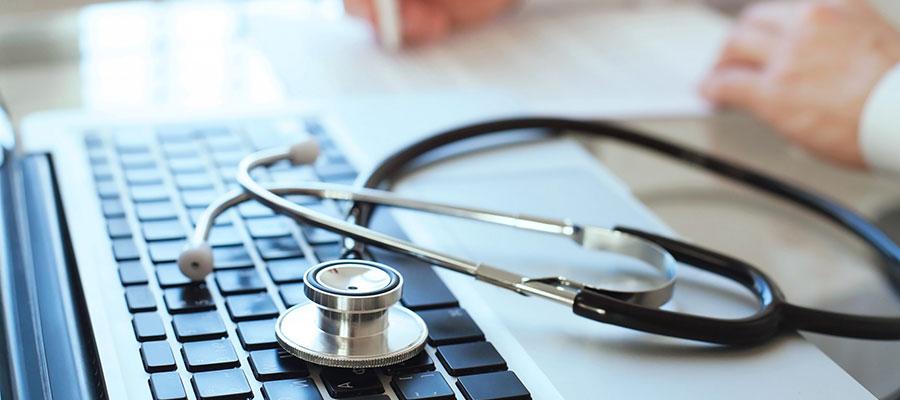How hospitals are using telehealth to improve care and access

Mount Sinai Queens in New York City is learning how to better care for stroke victims via a remote expert; Bryan Health in Lincoln, Neb. is putting part of its emergency department online; and Children’s Hospital & Medical Center in Omaha, Neb. is bringing behavioral health care to children in remote places. Read on for details.
Through Telehealth, Rural Pediatric Patients Have a Better Chance at Behavioral Health Care
Children’s Hospital & Medical Center in Omaha is the only full-service pediatric health care center in Nebraska, a state which also is facing a psychiatrist shortage. Because of this, pediatric patients from rural, western Nebraska often traveled up to 4.5 hours to reach the hospital for psychiatric appointments. Children’s Hospital was able to reduce that time dramatically — to the tune of 96,000 miles a year per patient — by instituting a telepsychiatry program with guidance from a telehealth savvy psychiatrist.
Today, Children’s works with eight sites, using video conferencing equipment to connect with remote psychiatrists. Now, the hospital is gaining patients (it currently serves 250,000 children), and patients are more likely to show up to scheduled appointments. The enhanced access helped the hospital to attract providers, as well.
Read the full case study here.
Urgent Care, On Your Phone
Bryan Health, a Nebraska-governed, nonprofit health system in Lincoln, expanded its urgent care access at a low cost by instituting a simple-to-use, online diagnosis and treatment platform that patients can use for minor health conditions. Dubbed Bryan Health ezVisit, patients pay a relatively inexpensive, flat-rate to use the mobile-friendly tool. They begin with a brief questionnaire, and a Bryan Telemedicine board-certified physician immediately reviews their results.
Once the physician completes a patient’s diagnosis, the patient receives a text or email with his or her treatment plans, prescription information, or, if necessary, guidance on how to follow up with a physician in-person.
In addition to providing care, Bryan Health leaders also are able to use the tool to gather clinical data. Read more about the program here.
Clinicians Are Improving Stroke Expertise Through Videoconferencing
The emergency department at Mount Sinai Queens, one of Mount Sinai Health System’s seven hospital campuses in the New York City metropolitan area, is able to treat stroke patients more quickly, better assess treatment and early intervention options, and harness medical breakthroughs with the help of real-time videoconferencing technology. Clinicians use it to connect to an off-site expert, who conducts a stroke evaluation, helps diagnose the patient, and determines if immediate intervention is needed. Patients who are diagnosed as having had a stroke and who meet certain conditions receive immediate therapy.
Clinicians say that they have been able to learn important interventions from triaging this therapy. This is not only good for patients but for physicians, too: the hospital staff are becoming more comfortable assessing patients presenting with acute stroke symptoms.
Learn more about the program here.

